Cancer discovery news
Our researchers are making the discoveries that defeat cancer. Read the latest findings from our world-leading research.
Visit our main news hub to read about news on new funding, our fundraising activities and much more. If you want to keep updated on our news, you can follow us on social media or sign up for our Search newsletter.
If you’re a journalist and want to find out more, you can contact our media relations team.

Tumour-liquifying microbubbles and immune cell tracking: UK’s first convergence science centre officially launches
Two of the UK’s foremost academic research institutions, The Institute of Cancer Research, London, and Imperial College London, are coming together with funding from Cancer Research UK to launch the new £13 million Convergence Science Centre.
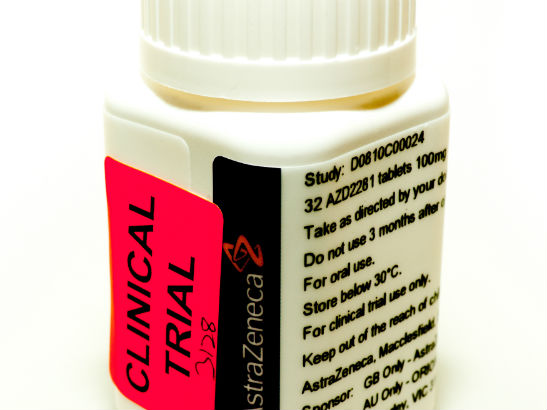
ICR calls for wider gene testing in ovarian cancer after approval of olaparib earlier in treatment for women with BRCA mutations
The ICR responds to the approval by NHS regulators NICE for the use of targeted cancer drug olaparib earlier in the course of treatment for women with late-stage ovarian cancer and other gynaecological cancers who have BRCA gene mutations.
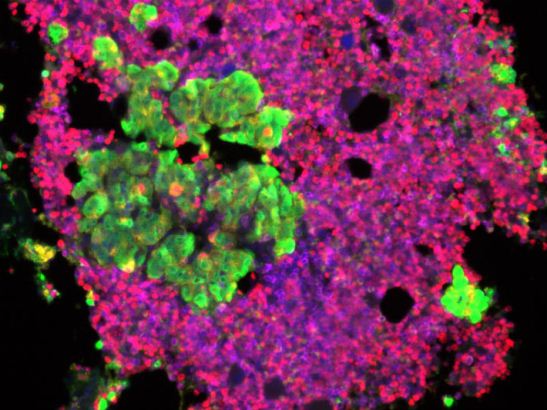
Gene test picks out prostate cancers patients who could benefit from ‘search-and-destroy’ medicine
Testing for genetic weaknesses in repairing DNA could pick out men who may benefit from a new type of targeted nuclear medicine, a new study reports.

Discovery Club shows the power of new research in the patient journey
Members of the The Discovery Club gathered at the Royal Society of Chemistry last month to learn how our research is influencing the cancer patient journey.
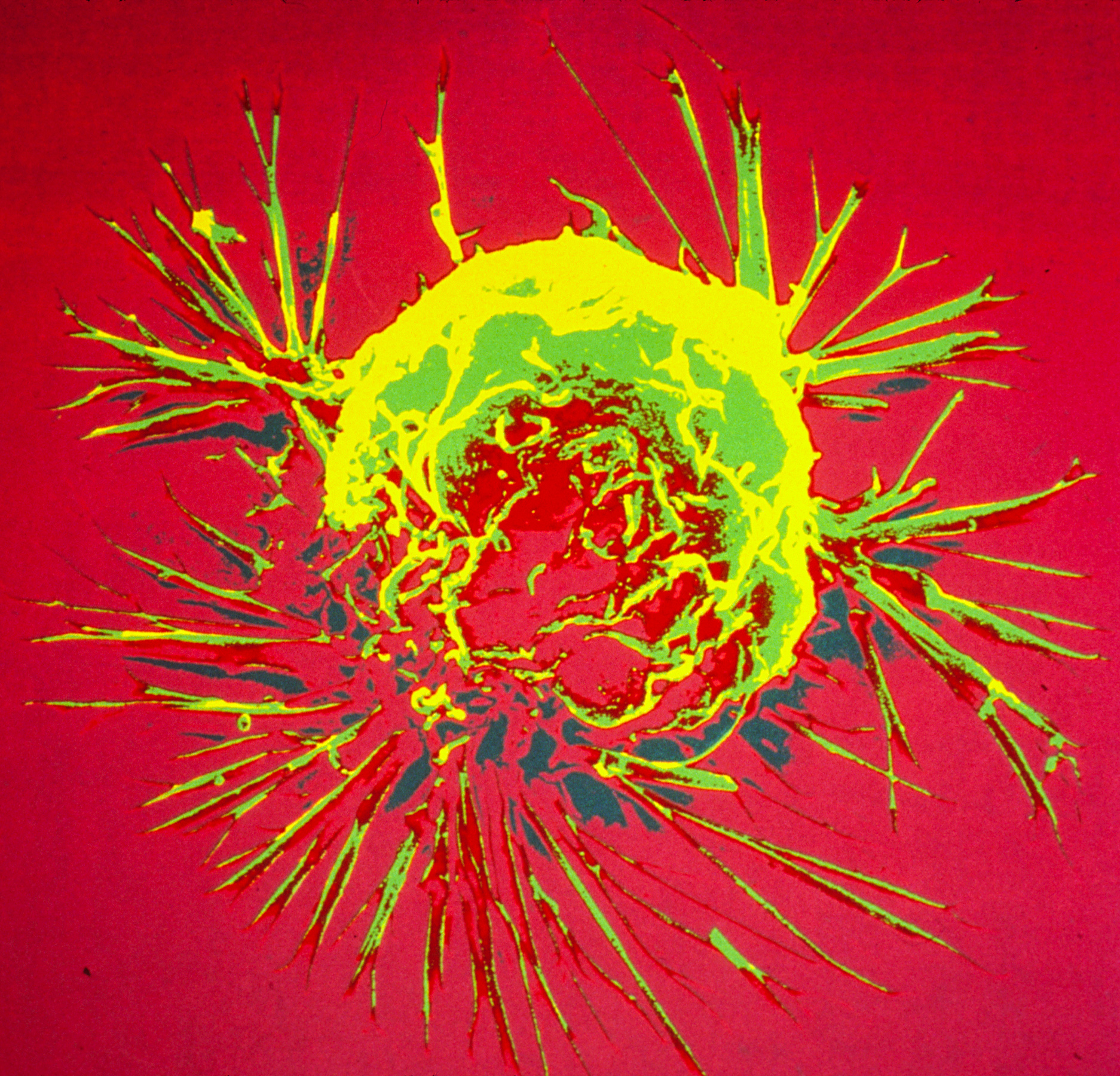
Cancer trades in sugar for fatty acids in order to spread around the body
Scientists have uncovered a crucial change in cancer cells that allows them to spread around the body – by switching from sugar to fatty acids to fuel their growth.

UK cancer treatment ‘revolution’ as survey finds third of patients receiving modern precision treatments
Over one-third of surviving cancer patients have received state-of-the-art targeted drug treatment or immunotherapy, reveals a new survey highlighting the ‘revolution’ in cancer treatment over the last decade.

Pairing targeted drugs for breast and lung cancer could overcome treatment resistance
Targeted drugs for breast and lung cancer could be used together to overcome resistance to treatment in several different tumour types, a new study shows.
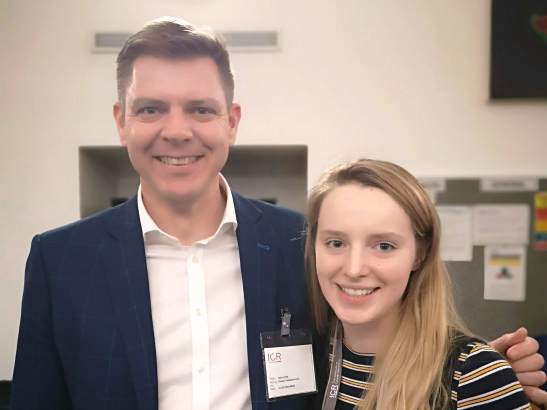
ICR alumni return to inspire the next generation at the 2019 Student Conference
At The Institute of Cancer Research’s annual Student Conference, our PhD students had the opportunity to meet with ICR alumni and find out more about their career journeys.
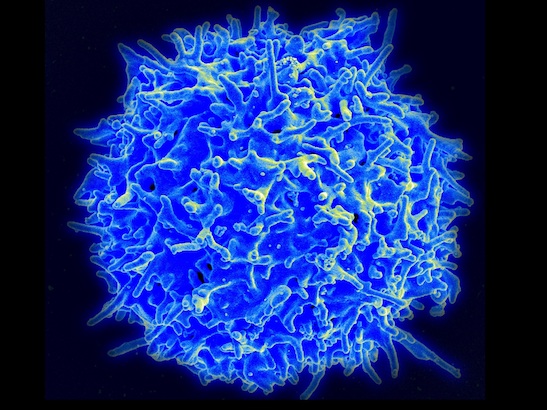
Immunotherapy could work against bowel cancers resistant to important targeted treatment
Patients with bowel cancer who have stopped responding to a widely used targeted drug could benefit from immunotherapy, a major new study reveals.

ICR recognises next generation of cancer researchers
A new generation of cancer researchers took to the stage at London’s Guildhall this week as The Institute of Cancer Research, London, held its annual awards ceremony.

ICR honours campaigning parents and convergence scientist with honorary degrees
The ICR has awarded the founders of the children’s cancer charity Christopher’s Smile and a world-leading expert in convergence science with honorary degrees at this year’s awards ceremony.

Response to gene-targeted drugs depends on cancer type
Cancers with the same genetic weaknesses respond differently to targeted drugs depending on the tumour type of the patient, new research reveals.